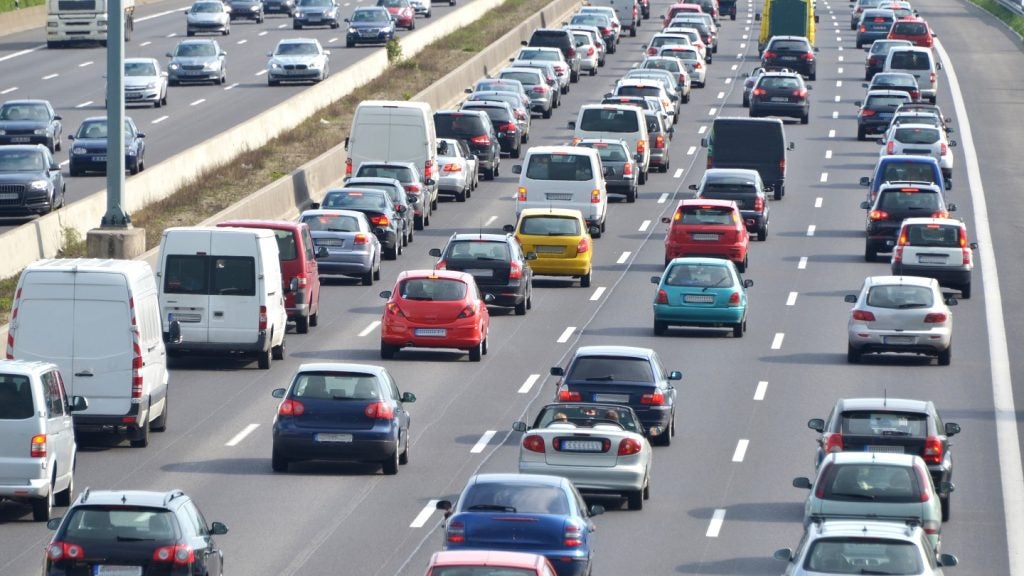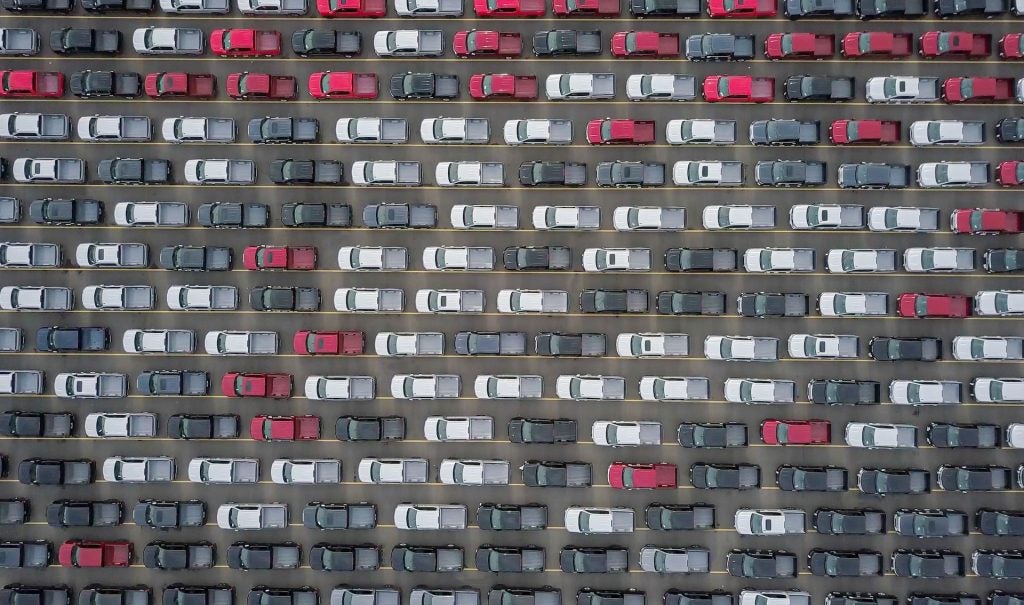Car production in the UK continues to suffer from ongoing supply and staffing issues, with manufacturing output falling 37.6% in July – the worst July performance since 1956.
This is according to the latest figures from the Society of Motor Manufacturers and Traders (SMMT), which revealed that exports accounted for more than eight out of 10 (84.6%) vehicles built in the month.
The SMMT noted that manufacturers continued to struggle with the global shortage of semiconductors and staffing problems resulting from the ‘pingdemic’, with some altering summer shutdown timings to help manage the situation.
More than a quarter (26%) of all cars made in July were either battery electric (BEV), plug in hybrid (PHEV) or hybrid electric (HEV), their highest share on record, and meaning that UK car factories have turned out 126,757 of these important products since the start of the year.
Production overall remains up 18.3% on Covid hit 2020 at 552,361 units, but this is down significantly (-28.7%) on 2019 pre-pandemic levels when 774,760 cars rolled off production lines.
Mike Hawes, SMMT chief executive, said, “These figures lay bare the extremely tough conditions UK car manufacturers continue to face. While the impact of the ‘pingdemic’ will lessen as self-isolation rules change, the worldwide shortage of semiconductors shows little sign of abating.
How well do you really know your competitors?
Access the most comprehensive Company Profiles on the market, powered by GlobalData. Save hours of research. Gain competitive edge.

Thank you!
Your download email will arrive shortly
Not ready to buy yet? Download a free sample
We are confident about the unique quality of our Company Profiles. However, we want you to make the most beneficial decision for your business, so we offer a free sample that you can download by submitting the below form
By GlobalData“The UK automotive industry is doing what it can to keep production lines going, testament to the adaptability of its workforce and manufacturing processes, but Government can help by continuing the supportive Covid measures currently in place and boosting our competitiveness with a reduction in energy levies and business rates for a sector that is strategically important in delivering net zero.”
Commenting on the figures, Seán Kemple, managing director of Close Brothers Motor Finance, said: “While we may start to see the semiconductor shortage easing up, the industry impact has been severe. There is a limited choice of vehicles that people can order right now, which is channelling consumers toward a car that they may not actually want.
“The biggest issue we’re seeing, however, is the impact on prices of used cars. The increased demand contrasted with limited supply is driving the industry into difficulty with reports of second-hand vehicles selling for up to 143% of the recommended retail price.”







